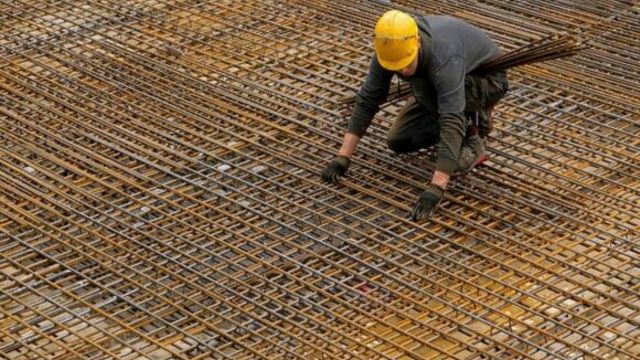Columbus, Ohio—Debates within the Republican Party have caused delays in a large $2 billion building bill intended to finance vital infrastructure projects.
The legislative package, intended to assist numerous community projects and strengthen Ohio’s roads, bridges, jails, and schools, has emerged as the latest source of political contention among Republicans.
The bill was just passed by the Ohio House of Representatives and includes provisions to allocate $1.65 billion through bonds and an additional $350 million in cash from the state operating budget’s surplus from the previous year.
Tensions erupted on the House floor despite the bill’s unanimous approval in the House Finance Committee, and the bill was passed with no debate, 75-19. Representative Jason Stephens, a Republican who serves as House Speaker, made the controversial decision to forbid debate on the bill.

Republican Representative Jay Edwards, the chair of the Finance Committee and a backer of the bill, praised the law and called it “a huge deal,” highlighting its significance in allocating funding around the state. “You know, $700 million is a lot of money to spread around the state,” Edwards said, emphasizing the advantages of a range of neighborhood initiatives.
The strife in Ohio is a reflection of a larger national trend of Republican infighting, which is especially detrimental to spending bills and impending deadlines. To impose spending limitations and provide House Republicans a more powerful negotiating position, Speaker Kevin McCarthy of California and House Financial Services Chairman Patrick T. McHenry of North Carolina have been navigating these choppy seas.
However internal party strife has made it difficult to pass the required appropriations, casting doubt on the government’s capacity to continue running its affairs. Some Republicans and some Democrats in the Senate want to remove those ceilings. Drawing attention to the ongoing budgetary discussions, McHenry said, “That is not a sustainable position in the House.”
The possible effects on Ohio’s community projects and infrastructure development are yet unknown as long as political gamesmanship persists. The division highlights the difficulties facing the Republican Party as well as the more intricate legislative and governmental systems in the United States.




